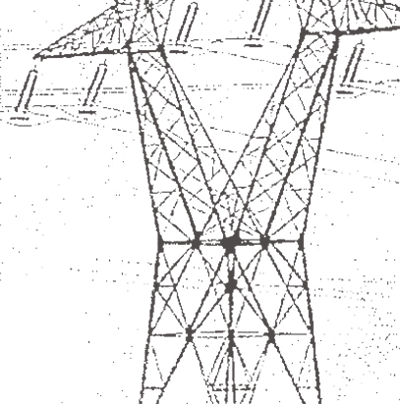Energy Law amendment
The Act of 22 July 2016 Amending the Energy Law and Certain Other Acts was published on 2 August 2016.

More appeals and greater judicial oversight over decisions by contracting authorities
The amendment of the Public Procurement Law which entered into force on 28 July 2016 opens up broader possibilities for protecting the interests of contractors in appellate proceedings before the National Appeal Chamber (KIO).

GAAR and tax treaties
Regulations reintroducing a general anti-abuse rule into the Polish tax system—after an absence of over a decade—enter into force on 15 July 2016. The impact will be felt not only by Polish residents, but also by foreign entities planning to do business in Poland.

Amended Public Procurement Law published: Most new regulations enter into force on 28 July 2016!
The long-awaited amendment of Poland’s Public Procurement Law was published on 13 July 2016. Most of the new regulations enter into force after a 14-day grace period, i.e. on 28 July 2016. But the effectiveness of some of the changes is postponed because of the need to prepare for their entry into force. And certain issues will continue to be governed by the prior rules.

Power Market Act by the end of this year?
On 4 July 2016, a conference entitled “The power market: Consultations on functional solutions” was held at the Polish Ministry of Energy. At the event, the Minister of Energy announced that a Power Market Act would be drafted by the end of 2016. The power market is intended to ensure the energy security of Poland and continuity and reliability of the electricity supply.

Terrorism and new technologies
Recent terrorist attacks have revealed the dark side of new information technologies. Organiz¬ers of attacks, or fighters for the “Islamic State,” have ruthlessly exploited the latest communica¬tions technologies. For example, according to media reports, terrorists have arranged attacks via PlayStation tools or encrypted instant messaging services. Polish lawmakers decided to respond to this phenomenon by passing the Anti-Terrorism Act of 10 June 2016.

New Water Law. New fees. New payment rules.
“Water is not a commercial product like any other but, rather, a heritage which must be protected, defended and treated as such,” states the Water Framework Directive. The principle of the recovery of the costs of water services is being introduced to encourage savings and optimal use of water. This will be a substantial burden for many businesses.

Licence for an unlimited time in the assessment of the court
Exclusion of the possibility of terminating a licence, although debated by legal commentators, had not been ruled on by the Polish courts until recently. But now a judgment has been issued by the court of appeal inferring from the writings and behaviour of the parties that they concluded a non-exclusive licence agreement for an indefinite period without the possibility of terminating the licence.

Redress of damage from infringement of intellectual property rights
In a judgment issued on 9 June 2016, the Court of Justice ruled on the factors that should be considering when determining the extent of damage and the amount of reasonable compensation for IP infringement. The ruling was issued under Council Regulation (EC) 2100/94 on Community plant variety rights.

Old customers, new products: Indemnity for commercial agents after the Court of Justice ruling in Marchon
After the end of cooperation with the principal, a commercial agent is entitled to indemnity if the agent brought “new” customers to the principal or generated a significant increase in turnover with “old” customers. But what if the customer is “old,” and the turnover hasn’t increased greatly, but the agent encouraged the customer to order goods or services it hadn’t ordered before?

New regulations for small businesses
The Act Amending the Business Freedom Act and Certain Other Acts entered into force on 19 May 2016. The changes mainly affect Poland’s small business register—the Central Register and Information on Economic Activity (CEIDG).

Public authorities’ liability for damages
The topic of liability for damages on the part of public authorities is not widely known. Many people are not aware of the extensive rights at their disposal connected with actions by bodies of public authority. Consequently, injured parties often fail to pursue redress of losses suffered in connection with public administration.
